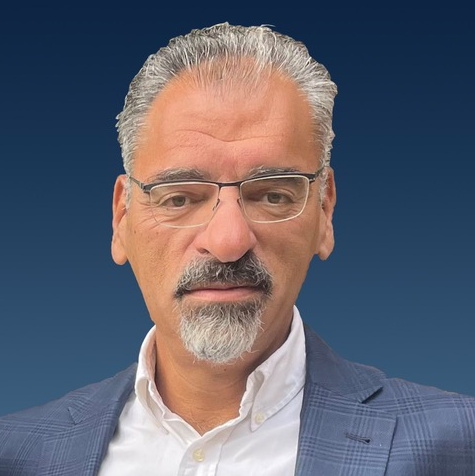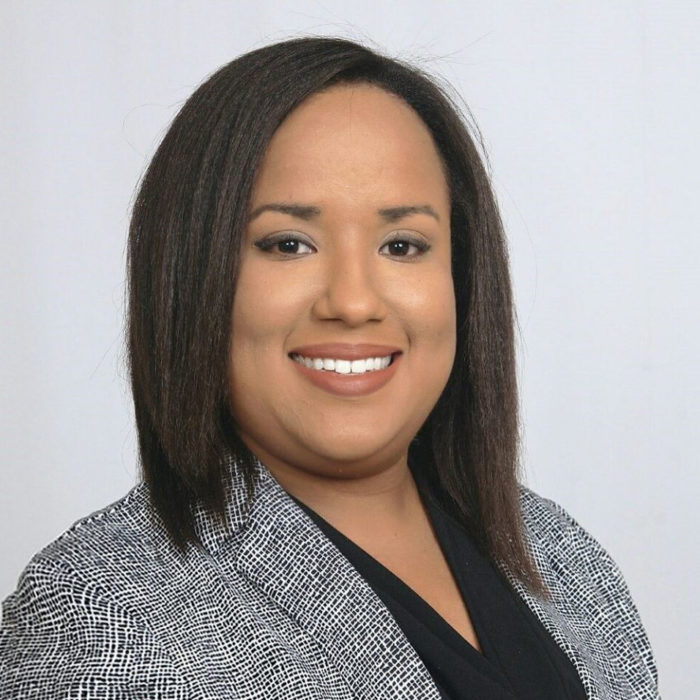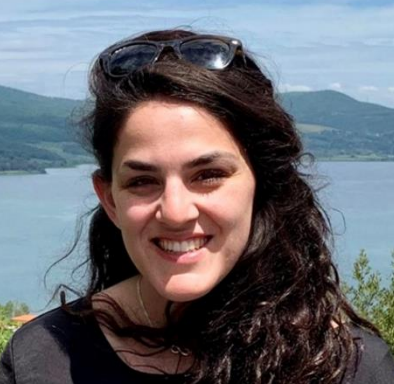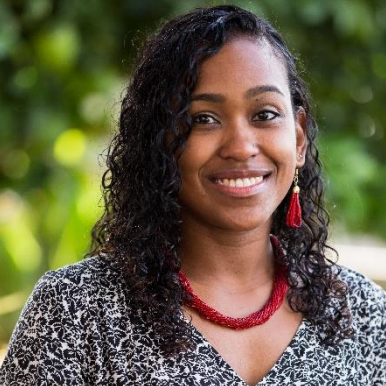Becoming a Physician in a Disaster: Moral Resilience and Physician Identity Formation via Reflective Writing
5:30 pm – 6:45 pm EDT (4:30 pm – 5:45 pm CDT) – Zoom Room 16
Presenters: Vivian Altery De Jesus
Panel: Ethical Considerations of COVID-19 Flash Presentations
As medical students (MS) transition from the classroom to the clinic, they are exposed to challenging clinical scenarios that, without careful consideration, may lead to moral distress or injury, negatively affecting professional identity formation (PIF). Unfortunately, in most cases, MS are unaware of their PIF development. Therefore, MS need appropriate and effective tools to properly guide their PIF. Reflective writing, which prompts critical, facilitates and supports PIF. This is especially important during times of high moral distress, such as disasters, which increase the risk of internalizing negative values, such as moral injury, hopelessness, and a lack of empathy. In September 2017, as an M3, I fully transitioned to the wards at a large hospital in Puerto Rico. That same month, Hurricane María devastated the island. Three years later, and I find myself as an M4 in the middle of another disaster: the COVID-19 pandemic. MS across the country, myself included, are facing similar uncertainties, distress, scarce resources, and other difficult events I endured in 2017. Through reflective writing, I explored my expectations, my frustrations, and other bioethical and humanistic aspects of medical care (e.g., end of life care, shared decision making, informed consent).This exercise helped me navigate these difficulties scenarios, process the experiences, to overcome the stress they induced, and to gain confidence as a physician. Reflection helped me internalize desirable professional values such as cultural humility, teamwork, and moral resilience . Narrative medicine may help MS construct a positive PIF and develop moral resilience, especially during disasters.










